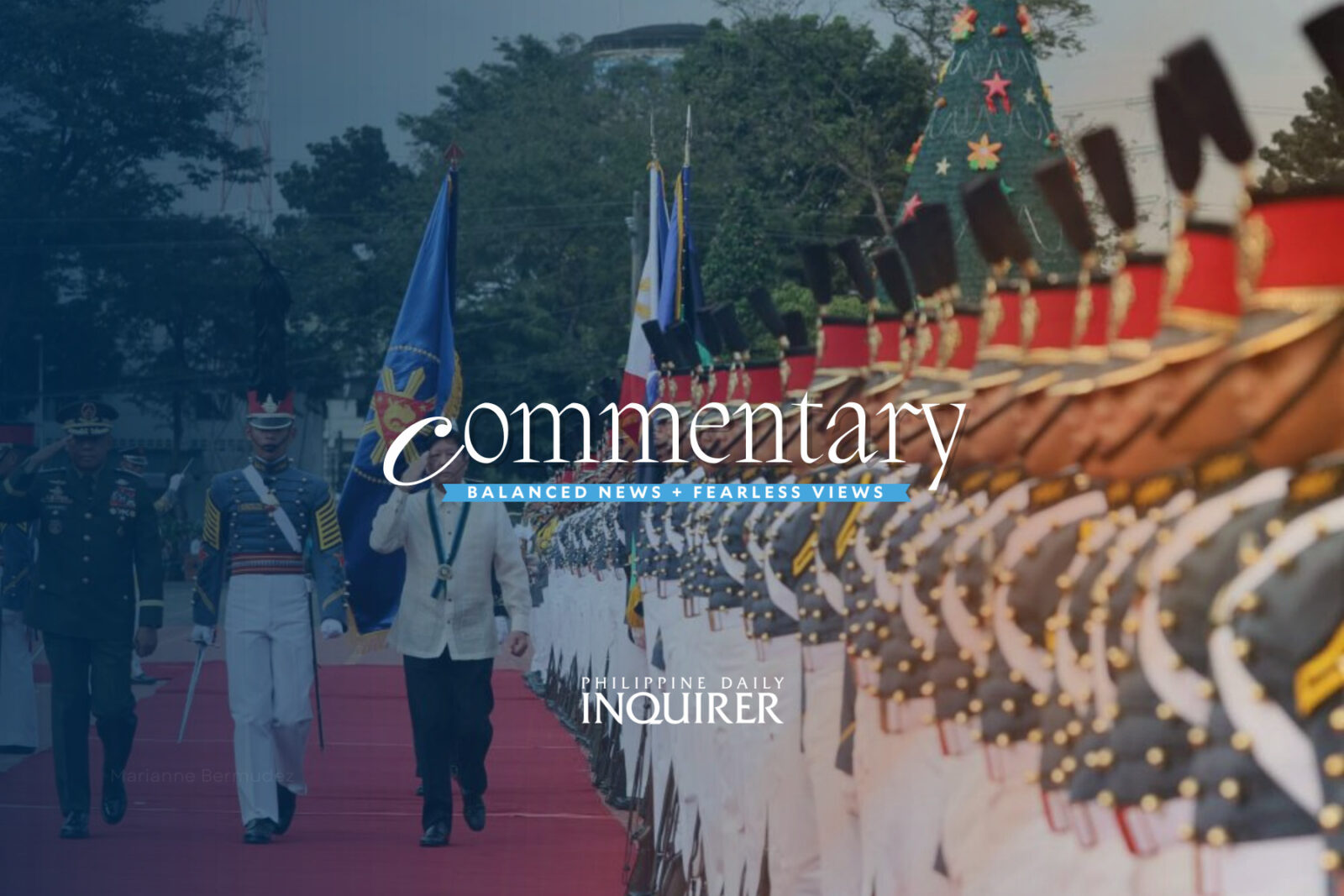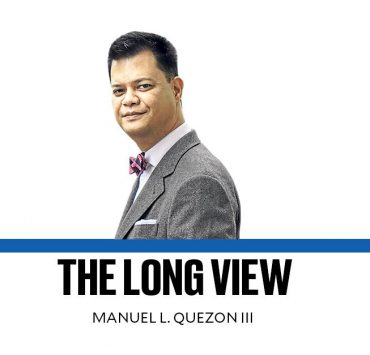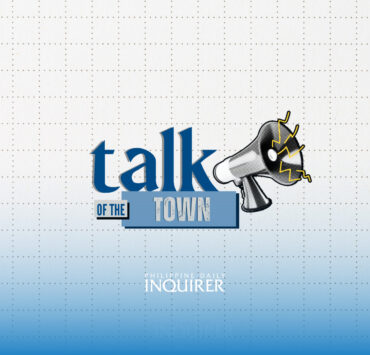Tackling foreign interference

During a recent Senate inquiry on China’s submersible drones and alleged espionage activities in the Philippines, it was revealed that there are indications that China could be interfering in our elections.
Asked if the alleged Chinese operations were propping up certain candidates and undermining others, National Security Council assistant director general Jonathan Malaya answered in the affirmative. He cited narratives believed to be originating from China but being amplified by locally based third parties acting as proxies. There was also reference to a leaked report about a check that the Chinese Embassy in Manila allegedly paid a Philippine-based public relations firm to supposedly hire trolls and spread disinformation on matters related to China.
The spokesperson of China’s Foreign Ministry denied the allegations in a press conference, saying that China has no interest in interfering with Philippine elections. Forgive me for being skeptical, but given China’s utter disregard for Philippine sovereignty in the West Philippine Sea and international law, those are hollow words. It would be the height of folly to believe that China has no interest or stake in our elections, nor intent to disrupt our sociopolitical environment, and undermine our democratic institutions. We have to assume the worst and act accordingly.
President Marcos expressed alarm over the revelations, and has ordered a thorough investigation into the matter. Several senators have also expressed concern, with Senate President Pro Tempore Jinggoy Estrada stressing the need to “hold accountable those attempting to influence our democratic process, whether they are foreign entities or local collaborators.” Such interference are a serious affront to our democracy, other lawmakers pointed out.
Senate Deputy Minority Leader Risa Hontiveros meanwhile pressed the Senate to prioritize the passage of a proposed Foreign Interference Act.
Being situated in the middle of a geopolitical hot spot and caught in a maritime dispute with rival major powers such as China and the United States as they compete for global dominance, we have to expect that foreign interference is a reality our country will have to deal with. As such, it is important that the government has the necessary tools to tackle that challenge, including passing the proposed Foreign Interference Act.
At present, Senate Bill No. 2951 introduced by Sen. Francis Tolentino is pending at the committee level. Also known as “An Act Penalizing Foreign Interference in the Philippines and Creating the Counter Foreign Interference Council, and for Other Purposes,” the bill aims to address the outdated and inadequate legal framework known as Batas Pambansa Blg. 39 instituted in 1979, that regulate the conduct of foreign agents. SB 2951 is meant to improve the effectiveness of our legal framework to tackle foreign interference in light of the evolving nature of these threats.
However, tackling foreign interference isn’t limited to merely regulating and penalizing the conduct of foreign agents and their proxies. The threat is multifaceted and complex, and requires a broad range of tools to counter. In this regard, passing SB 2951 is a step in the right direction, even more so if complemented by the passage of SB 2368. SB 2368 seeks to amend the provisions and update the framework of Commonwealth Act No. 616, also known as An Act to Punish Espionage and Other Offenses Against National Security.
As elections tend to also be a target of foreign interference activities, it would be a good idea for the government and Congress to seriously make an effort to implement needed campaign finance reform measures, especially as it pertains to donor transparency. Properly identifying the sources of campaign financing is vital not only to enforcement agencies rooting out foreign interference, but also in helping the voting public know the interests behind the campaign of candidates running for public office.
As things stand, it may be too late to implement these measures for the 2025 midterm elections. Hopefully, these will be in place by the next one.
—————-
Moira G. Gallaga served 3 Philippine presidents as presidential protocol officer, and was posted as a diplomat at the Philippine Consulate General in LA and the Philippine Embassy in Washington.

















